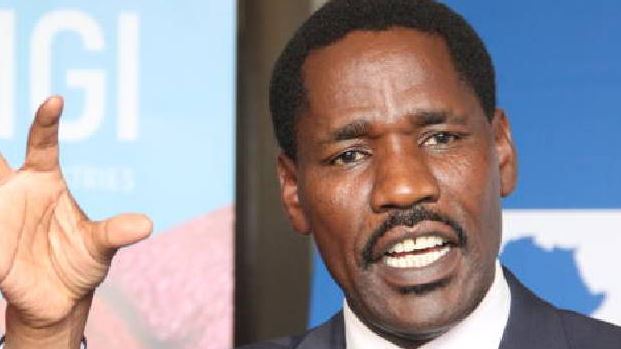 CS Peter Munya (PHOTO: FILE)
MOMBASA, KENYA: Kenya is leaving nothing to chance in tapping into the
potential of the Blue Economy with strategies aimed at ensuring the
country benefits from its largely unexploited marine Exclusive Economic
Zone (EEZ).
CS Peter Munya (PHOTO: FILE)
MOMBASA, KENYA: Kenya is leaving nothing to chance in tapping into the
potential of the Blue Economy with strategies aimed at ensuring the
country benefits from its largely unexploited marine Exclusive Economic
Zone (EEZ).
government and its development partners will spend at least Sh12 billion in the Coast region to build capacity and improve fishing fleets into the deep sea with a view to ensuring Kenya benefits from blue economy resources.
While on an inspection tour of various development projects in Kilifi, Mombasa, and Kwale Counties, Munya said his ministry was already developing a Master Plan for Fisheries and the Blue Economy and coordinating all departments dealing with marine resources to revive the sub-sector and add value to marine resources.
“Our ocean is expansive and our resources immense, but we do not have the capacity to fully exploit them, leaving them to be stolen by foreigners since our fishermen cannot venture into deep sea fishing due to lack of large vessels,” he said.
He said if the resources are properly utilised, the government would improve livelihoods as well as explore markets in countries that had already depleted their resources.
The CS however said the theft of marine resources was being countered by the Kenya Coast Guard and the Kenya Navy as well as the coordinating office on the Blue Economy and Fisheries domiciled at the Executive Office of the President.
He said his ministry would take advantage of the Sh12 billion programme to improve facilities in fish landing sites, which include fish markets and cold storage facilities.
Munya said the government had already reclaimed many fish landing sites and asked the Kilifi County Government, the County Commissioner, and Beach Management Units (BMUs) to work together to reclaim the remaining ones.
- READ MORE
- KQ’s Sh500m stuck in its foreign accounts
- Demand for SGR cargo haulage service rises
- Inflation holds steady in August
- State maps out Sh12b blue economy plan for Coast region
He said the ministry had also developed new regulations requiring foreigners fishing in Kenyan territorial waters to employ locals and that was why the government would in addition to training fishermen also train other essential workers.
Munya urged fishermen to form groups and cooperatives so they can benefit from government assistance in an organized manner, including accessing affordable credit to improve their fishing gear.




No comments :
Post a Comment